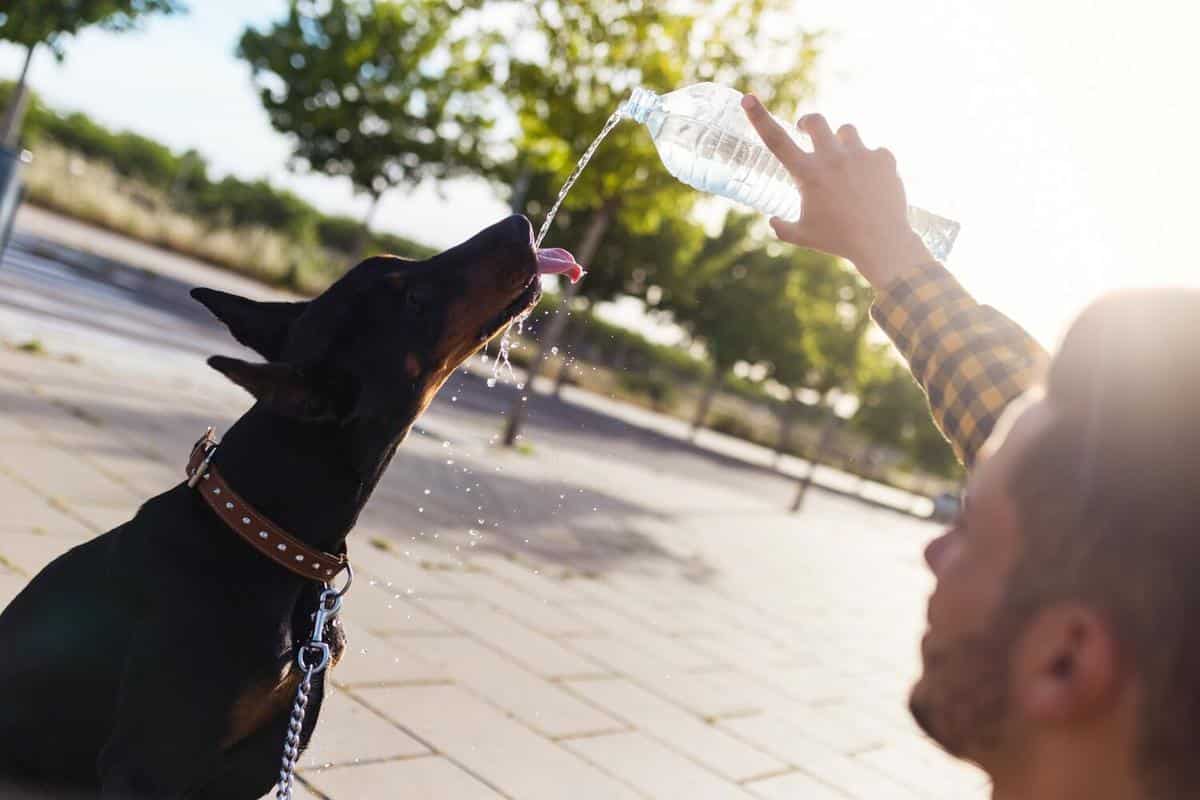
The Importance of Hydration in Pet Health
Ensuring your pet stays hydrated is a crucial aspect of maintaining their health, yet it’s often overlooked amidst the hustle and bustle of daily life. Just like humans, pets require adequate hydration to support their bodily functions and overall well-being.
Water is fundamental to life, playing a vital role in every biological process. For pets, hydration is essential for regulating body temperature, aiding digestion, and ensuring organs function properly. According to the Pet Nutrition Alliance, pets should consume approximately an ounce of water per pound of body weight daily. This ensures they remain healthy and energetic.
The Role of Water in Pet Health
Water supports various functions in a pet’s body. It aids in the digestion and absorption of nutrients, facilitates waste elimination, and maintains cellular health. Without sufficient water, pets can experience dehydration, leading to serious health issues like kidney stones and urinary tract infections.
Expert Insights
Dr. Rebecca Johnson, a well-known veterinarian, emphasizes, “Hydration is as critical to pets as it is to humans. A lack of proper hydration can lead to irreversible organ damage.” This underscores the importance of keeping an eye on your pet’s water intake.
Signs of Dehydration
- Dry gums
- Sunken eyes
- Lethargy
- Decreased skin elasticity
If you notice any of these signs, it’s crucial to consult your veterinarian immediately.
Creating a Hydration-Friendly Environment
Ensuring your pet drinks enough water can be a challenge, especially if they are fussy. Here are some tips to encourage better hydration:
- Always provide fresh, clean water.
- Use a pet water fountain to make drinking more appealing.
- Incorporate wet food into their diet.
- Offer ice cubes as treats, especially in hot weather.
Hydration Needs: Different Pets, Different Requirements
| Pet Type | Water Needs |
|---|---|
| Small Dogs | 8-16 ounces |
| Medium Dogs | 16-32 ounces |
| Large Dogs | 32-64 ounces |
| Cats | 5-10 ounces |
| Rabbits | 100-600 ml |
| Hamsters | 10 ml |
| Birds (Parrots) | 50-100 ml |
| Reptiles | Varies, requires specific humidity levels |
Why Hydration Levels Vary
Different species and sizes of pets have varying hydration needs due to differences in metabolism, activity levels, and environmental factors. For instance, active dogs require more water than a sedentary indoor cat.
Frequently Asked Questions
How can I tell if my pet is drinking enough water?
Monitor their water bowl levels and look for signs of dehydration such as dry gums and lethargy.
Can pets drink flavored water?
It’s best to stick to plain water unless recommended by a vet. Some flavorings may be harmful.
Is wet food sufficient for hydration?
Wet food can supplement hydration, but pets should still have access to fresh water.
Conclusion
Hydration plays a pivotal role in your pet’s health, impacting their energy, organ function, and overall quality of life. By understanding their specific needs and encouraging consistent water intake, you can ensure your beloved companion remains healthy and happy. For further guidance, consider consulting with your veterinarian to tailor hydration strategies to your pet’s unique requirements.


